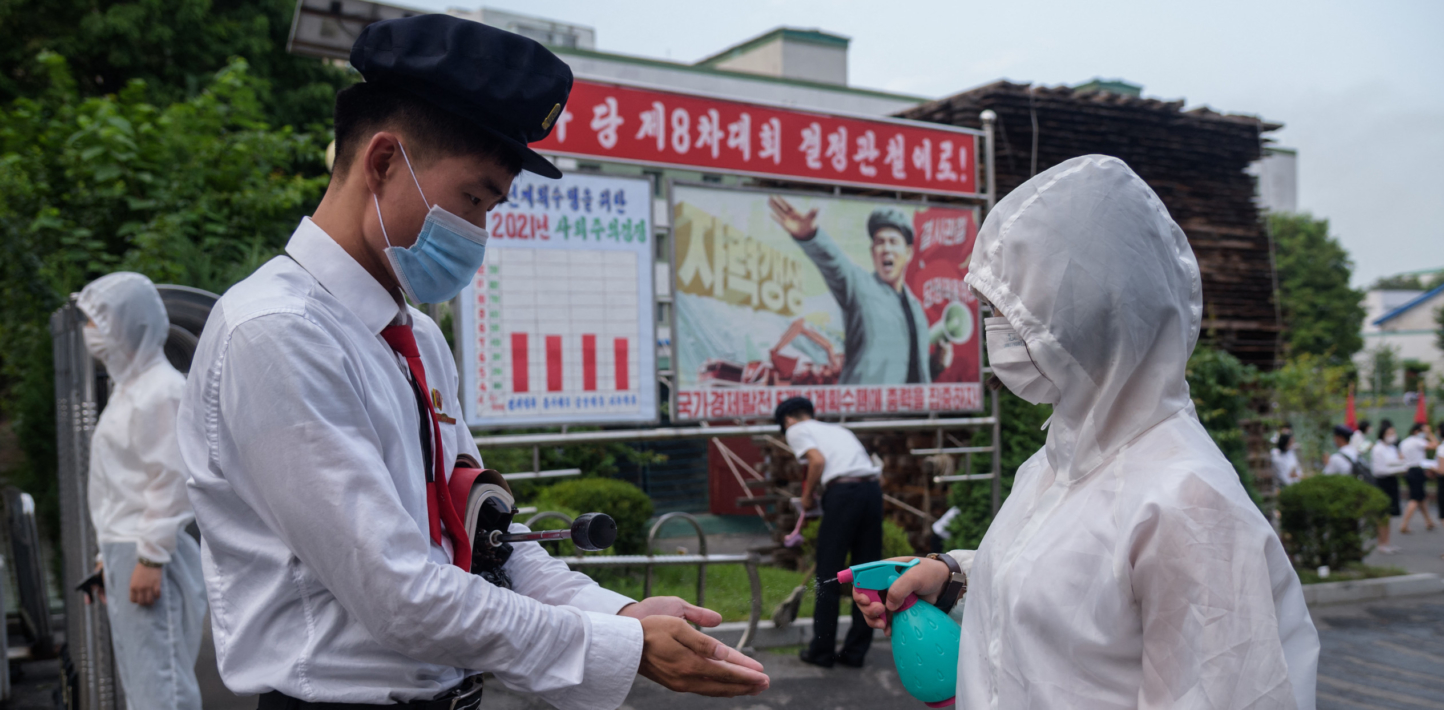Responding to North Korean state media declaring a “maximum national emergency” after the country’s first officially reported Covid-19 outbreak, Amnesty International’s East Asia Researcher Boram Jang said:
“There is no evidence to show that North Korea has access to enough vaccines to protect its population from Covid-19. Yet, it has rejected millions of doses of AstraZeneca and Sinovac vaccines offered by the WHO-led COVAX program, a global Covid-19 vaccine distribution mechanism which requires transparent distribution and monitoring.
“With the first official news of a Covid-19 outbreak in the country, continuing on this path could cost many lives and would be an unconscionable dereliction of upholding the right to health.
“It is vital that the government acts now to protect the right to health of one of the world’s populations with lowest access to vaccines and one of its most fragile health systems. That means providing access to vaccines without discrimination and guaranteeing a transparent vaccine distribution plan which is subject to public scrutiny.
“The North Korean government should immediately establish plans to secure Covid-19 vaccines for its population by cooperating with the international community.
“It must also ensure that all emergency measures taken to combat Covid-19, such as lockdowns, are reasonable and proportionate – meaning as limited as possible. They should not be abused, and should be lifted as soon as they are no longer necessary for protecting public health.”
Background
The Korean Central News Agency (KCNA) reported on Thursday 12 May that people in Pyongyang had tested positive for the BA.2 subvariant of the Omicron variant of the virus. North Korean leader Kim Jong-un declared a “maximum national emergency” and ordered nationwide lockdowns to block transmission of the virus.
North Korea rejected millions of doses of AstraZeneca and Sinovac vaccines offered in 2021 by the WHO-led COVAX program. Russia also offered North Korea Covid vaccines twice, but North Korea turned them down.
Leader Kim Jong-un previously claimed the country had not recorded a single case of Covid-19 since it closed its borders at the start of the pandemic in 2020.
In a 2019 study of the ability of national healthcare systems to deal with an epidemic, which was conducted by the Johns Hopkins University Center for Health Security, North Korea ranked 193 of 195 countries in its capability to cope with a healthcare crisis.
Twenty-five million people in North Korea are potentially at grave risk from the virus as the vast majority of its population remains without access to Covid-19 vaccines.
All people have a right to the enjoyment of the highest attainable standard of health, which includes equitable access to COVID-19 vaccines.


